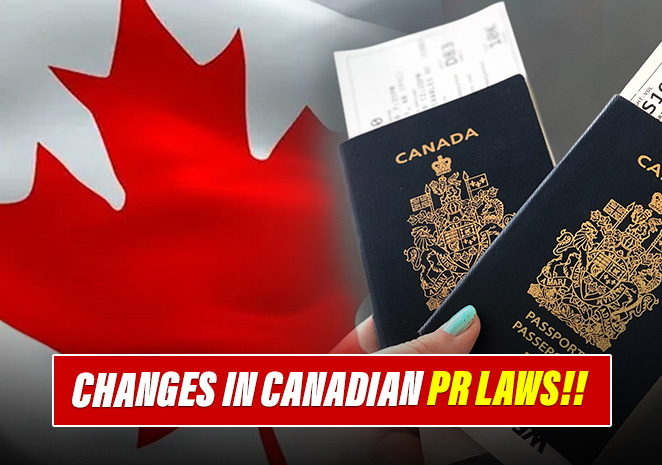
In order to boost the economy of the country, the government of Canada stated that it is working on welcoming immigrants from different backgrounds to cope up with the shortage of labour. Notably, as per an official announcement made by Sean Fraser, the Minister of Immigration, Refugees, and Citizenship in the government of Canada, the country will be able to attract international talents in high-demand industries like healthcare, building, and transportation with the help of the new NOC categories.
Also read: Babbu Mann Reportedly Receives Death Threat, Security Beefed Up
Furthermore, some of the 16 occupations now recognised by Express Entry include long-term care aides, nurse aides, hospital attendants, secondary and elementary school teacher assistants, and transport truck drivers. Moreover, this new development would not only help Canada boost its economy but also turn out to be a ray of hope for the individuals from different fields who want to immigrate to Canada.
Notably, the NOC system, which is updated to account for changes in the economy and the type of work, is used to track and categorise every job on the Canadian labour market. Subsequently, as more jobs come under the eligibility criteria for the programmes run by Express Entry, the modifications to the NOC system complement the Minister’s aim to provide avenues to permanent residency for temporary employees and international students.
“We are combating labour shortages using all of the tools at our disposal, especially in vital industries like healthcare, construction, and transportation. These adjustments will benefit Canadians who require these services as well as employers by giving them access to a more capable workforce that will help propel our economy into a thriving future. For these in-demand workers, I’m excited to offer a new pathway to permanent residency in Canada,” said Minister Sean Fraser.
Moreover, this change opens up new avenues to permanent residency for the working professionals from 16 different fields that were previously ineligible. Additionally, as expected by the government of Canada, this change may act as a turning point to strengthen the country’s economy.




